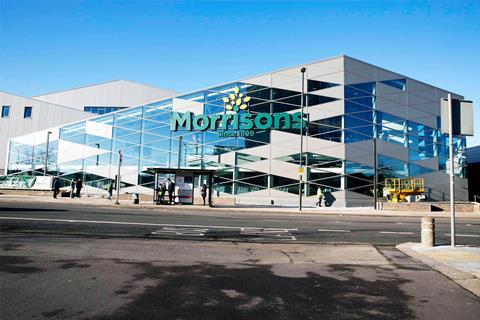
With high inflation and higher interest rates, M&A deals have been in short supply in recent times. And despite a more settled picture, an anticipated resurgence of deal activity has failed to materialise, with Newlat’s noisy withdrawal from the Princes sale last week symptomatic of the stop-start market right now.
But the most poignant ‘play’ in the market currently isn’t Princes. It’s Morrisons, the elephant in the room of the M&A scene.
Morrisons is one of the UK’s biggest manufacturers, when all is told, owning eggs, fish, meat, produce and bakery facilities, among others.
And two weeks ago, new Morrisons CEO Rami Baitiéh insisted in his first media appearance that the manufacturing businesses were not for sale. On the contrary, they were a strategic advantage, he told journalists.
“Our manufacturing, our production centres, our relationship with 3,000 British farmers, all of these things are strengths and competitive advantages to Morrisons,” he said. “My priority is how to bring innovation and productivity to our manufacturing system, to our manufacturing model and how to make them even brighter and better in the future.”
So unconfirmed reports this week that Morrisons is exploring the sale of Rathbones, its Wakefield bakery, are potentially embarrassing to Morrisons and to Baitiéh if true. Embarrassing but not entirely surprising. Even with its forecourts off the balance sheet via CD&R’s £2.5bn asset swap into ‘sister’ business MFG, Morrisons is still mired in debt: £4bn or more depending on how much of it is invested back into the business. (And judging by the performance of its Wimbledon and now Ealing store in the Grocer 33 in recent weeks, its store estate is in urgent need of investment.)
As such, while CD&R vowed ahead of its takeover to keep its integrated supply chain intact – just as Kraft insisted it would not close the Somerdale factory in its 2010 Cadbury hostile takeover – the expectation among rivals in the trade (and the City) remains that some or all of the manufacturing facilities would be sold off by its private equity owners in the fullness of time, whatever Baitiéh says.
So, if the reports are true, it would surely be the tip of the iceberg: code for all its manufacturing businesses being for sale, for the right price of course. And that’s where it gets interesting.
How much is the bakery business worth? The old Rathbones-Kear plant and machinery was acquired from administrators for £15m in 2005. Since then it’s invested in crumpets and pitta bread capacity, while closing the Wigan plant. But it’s doubtful it would be worth much more than the asset value of those two newish plants. For two reasons.
On the supply side there’s an excess of plant bread capacity in the UK. So to make it profitable you need to run your plants flat out. But Morrisons volumes (and bread volumes generally) have been declining for a number of years. Hence pre-tax profits in its latest accounts (from 2022) of just £770,000.
And even though it won the Waitrose own-label contract in January, it would require Morrisons to offer a very long contract, at a very attractive price, to sweeten the deal for any purchaser.
And then there’s demand. The possibilities are not exactly Endless. The private equity owners of Hovis might fancy looking to increase branded Hovis production (which offers potentially higher margins). But it seems fanciful. It’s already looking to exit Bright Blue Foods and if it doesn’t want the same from Hovis any time soon, it’s more likely to acquire Kingsmill, with the latter’s plummeting share (now below 3%) meaning ABF has better things to do with its money than invest in more bakery capacity. Similarly Grupo Bimbo, the only other acquisitive player in recent years, has capacity coming out of its ears, while Fine Lady and Jacksons seem happy where they are.
As such, Rathbones would be a tough asset to get away. And if the aim of the game for Morrisons is to reduce debt, on a multiple of five or six times EBITDA, it would need a lot more disposals where that one came from for Morrisons to make meaningful inroads into its debt pile.
What’s more, those other factories are likely to face similar issues. Ex Morrisons CEO David Potts admitted last year that the integrated supply chain model doesn’t work when there’s inflation as “you’re effectively competing against yourself”.
But even with inflation coming down falling, it’s really hard to make an integrated supply chain work if the core business is declining. It makes perfect sense for fast-growing Lidl, which recently brought its UK soft drinks capacity in house. And it was a perfectly reasonable move when Morrisons was an aspirational regional supermarket looking to become a national one via the imminent acquisition of Safeway. But less so now.







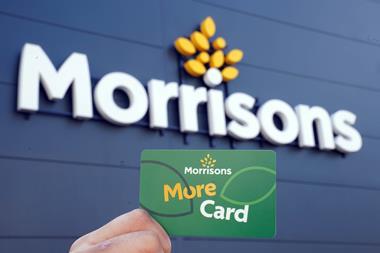
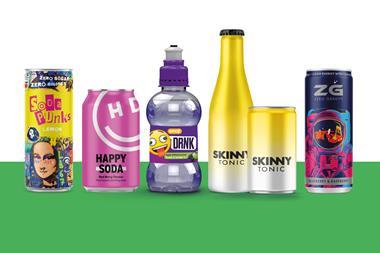

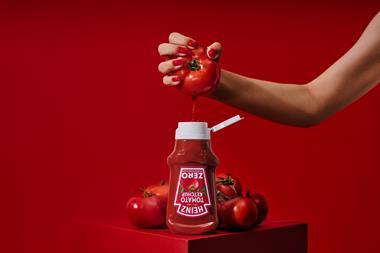
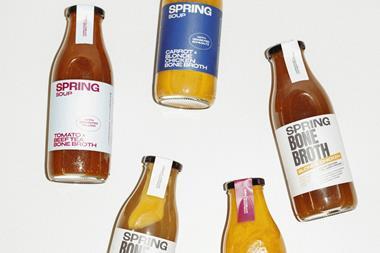
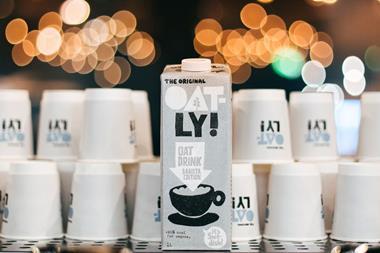
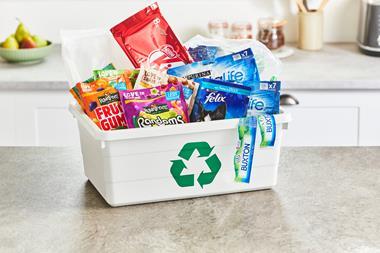
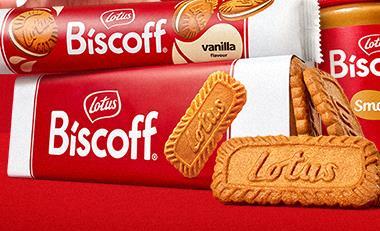
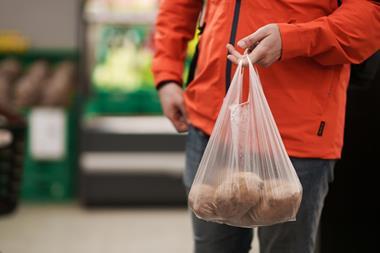



No comments yet